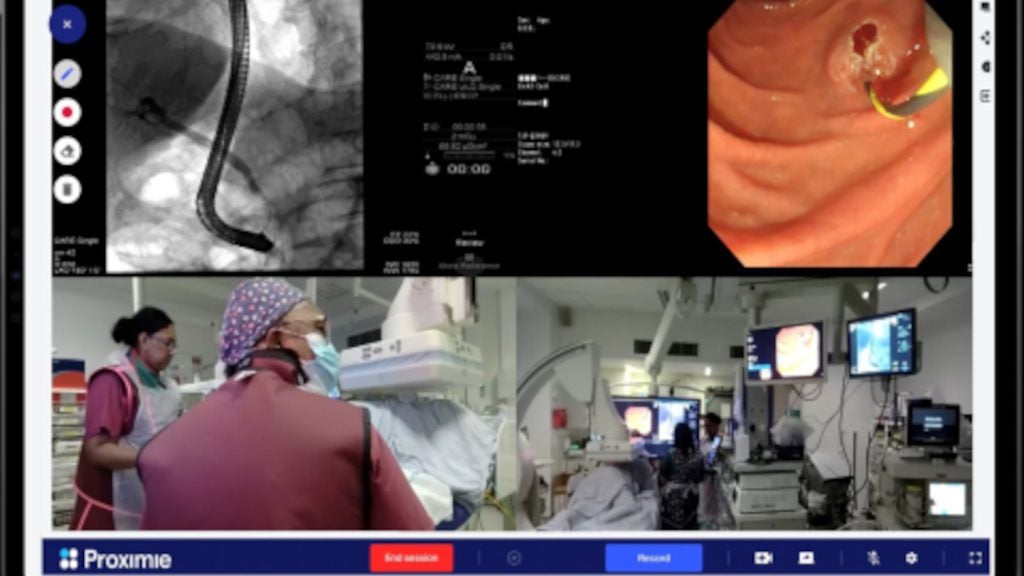US-based Proton International has signed a memorandum of understanding with University of Alabama to jointly develop a proton treatment centre.
The University of Alabama at Birmingham Health System (UAB Medicine) is the fourth such organisation to co-develop a proton therapy centre with Proton.
The new centre is expected to offer an effective and a precise alternative to the conventional radiation therapy to treat cancer and some non-cancerous tumours.
The proton therapy technology is incorporated with a fully featured compact system with dynamic peak pencil beam scanning, developed by Varian Medical Systems.
UAB School radiation oncology medicine department chairman and University of Alabama Health Services Foundation president Dr James Bonner said: "Protons will bring the latest cancer treatment technology to UAB, allowing us to treat deep seeded cancers and spare surrounding normal tissue in certain difficult cases.
"We are excited about the opportunity to offer this cutting edge approach for patients and families in Birmingham, across Alabama and beyond."
How well do you really know your competitors?
Access the most comprehensive Company Profiles on the market, powered by GlobalData. Save hours of research. Gain competitive edge.

Thank you!
Your download email will arrive shortly
Not ready to buy yet? Download a free sample
We are confident about the unique quality of our Company Profiles. However, we want you to make the most beneficial decision for your business, so we offer a free sample that you can download by submitting the below form
By GlobalDataThe Proton therapy is instrumental in treating solid cancer tumours, including tumours of the brain, spine, head and neck, lung, prostate, colon, and some breast tumours.
Its precision and reduced long-term side effects makes the technology applicable to children who are particularly sensitive to the effects of radiation therapy.
According to the company, all new centres are planning to incorporate more proton treatment facilities which will enroll patients in national data registries and in clinical research trials to determine clinical outcomes thereby improving the benefits from an appropriate use of the therapy.







